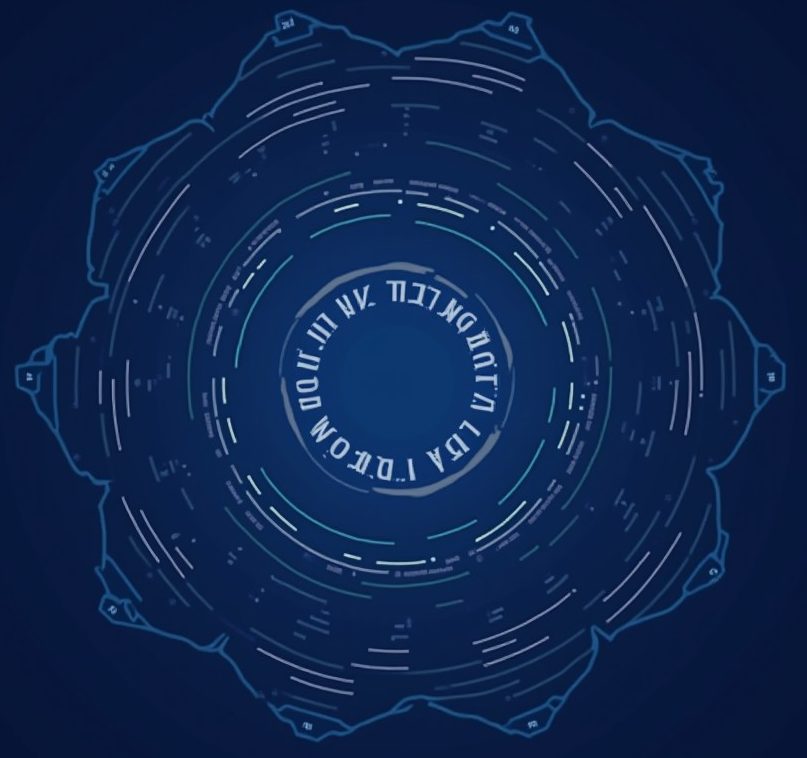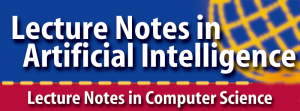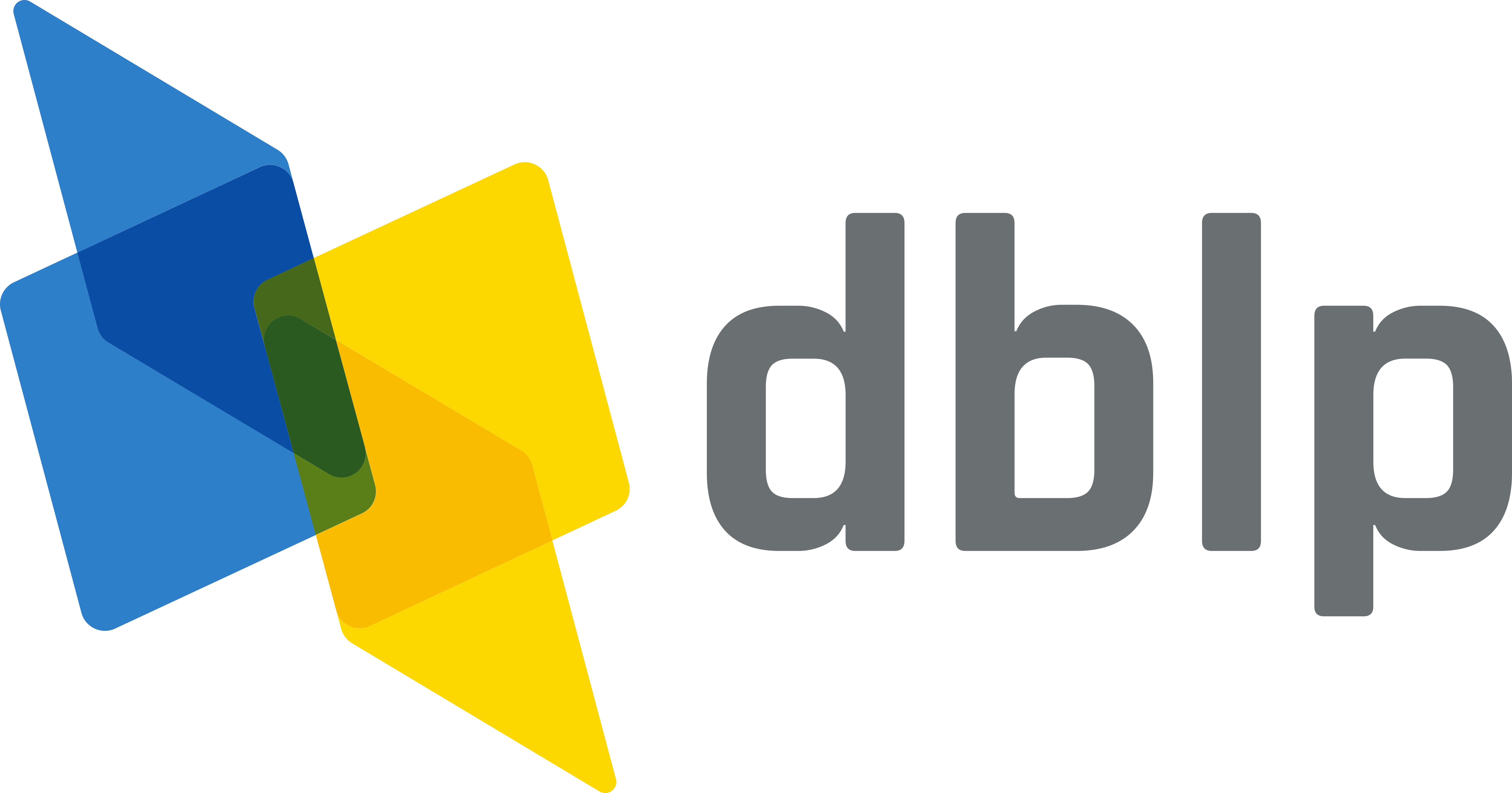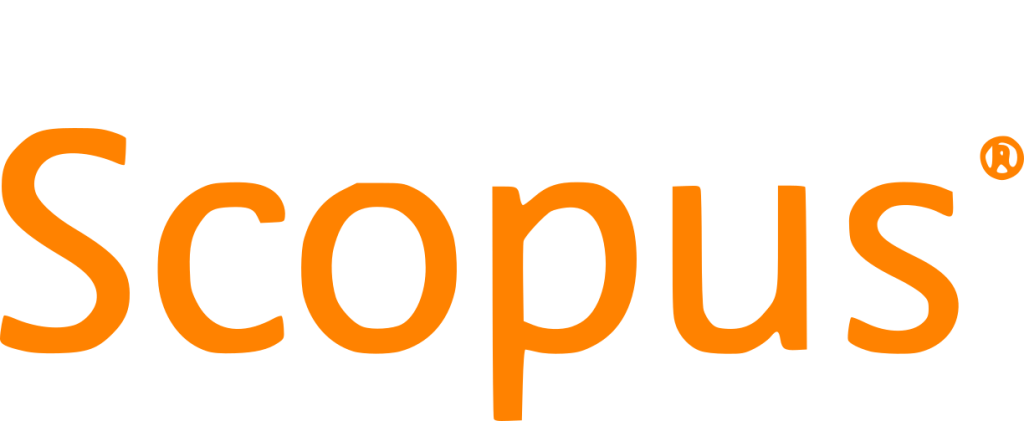The EPIA 2025 international conference
Artificial Intelligence and Law
Thematic track of the 24th Portuguese Conference on Artificial Intelligence (EPIA 2025)
October 1-3, 2025, Faro, Portugal.
Webpage: https://epia2025.ualg.pt/
Nearest deadline
|
Notification of paper acceptance: |
July 4, 2025 |
Important dates
|
Camera-ready papers deadline: |
July 14, 2025 (AoE) | |
|
Early registration deadline: |
July 18, 2025 (AoE) | |
|
Late registration deadline: |
August 14, 2025 (AoE) | |
|
Conference: |
October 1-3, 2025 |
Proceedings and presentation
- Accept papers will be included in the conference proceedings as long as at least one author is registered in EPIA 2025 by the deadline of early bird registration.
- EPIA 2025 proceedings are indexed in Thomson Reuters ISI Web of Science, Scopus, DBLP and Google Scholar.
Introduction
Artificial intelligence and law is a field of study and research, which has been established since long and deals with all the possible applications of artificial intelligence to the world of law. Traditionally, this field has mainly concerned the forms of legal reasoning, the formation of legal knowledge, and the decision-making processes inherent to the legal domain. However, recent developments in artificial intelligence have also affected this area of study and research. Increasingly, artificial intelligence is no longer defined with close reference to the notion of human intelligence, consciousness, and alike, but is considered as a growing resource of interactive, autonomous, and self-learning agency. As a smart form of agency, AI has even a greater potential to affect and reshape law, while raising legal, technical, and ethical issues, which affect human autonomy, self-determination, and responsibility. Furthermore, since AI is gradually more fueled by data, these issues are predominantly rooted in data collection, retention and management. This raises key questions and challenges that require full examination and discussion, since they deeply affect the future trends of law.
Topics of interest
- Formal and computational models of legal knowledge
- Models of legal reasoning
- Artificial intelligent systems in the legal domain
- Automation and decision-making process
- Machine learning and data mining
- Artificial intelligence and litigation
- Predictive coding
- Interactive, autonomous and self-learning agency
- Ethics of artificial intelligence
Organizing committee
- Pedro Miguel Freitas, Universidade Católica Portuguesa
- Ugo Pagallo, University of Torino, taly
- Massimo Durante, University of Torino, Italy
- Paulo Novais, Universidade do Minho
Programme committee
- Haihua Chen, University of North Texas
- Tomer Libal, University of Luxembourg
- Manuel Masseno, Lab UbiNET / IPBeja
- Carlisle George, Middlesex University
- Luis Gomes, Universidade dos Açores, Portugal
- Vicente Julian, Universitat Politècnica de València
- Cristina Salgado, UNIVERSIDAD DE SANTIAGO DE COMPOSTELA
- Enrico Francesconi, IGSG-CNR
- Giovanni Sartor, EUI/CIRSFID
- Lurdes Mesquita, ESTG P.PORTO
- Arlindo Oliveira, INESC-ID / IST
- Teresa Coelho Moreira, University of Minho, Law School
- Daniel Braun, University of Twente





